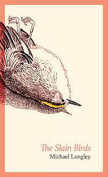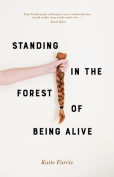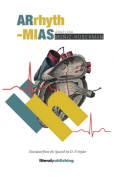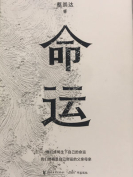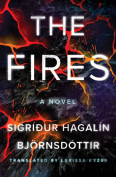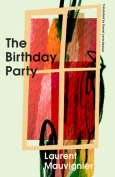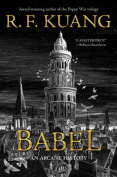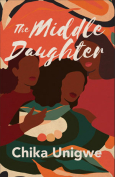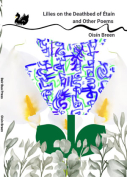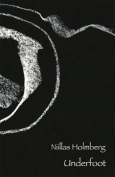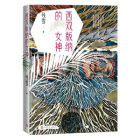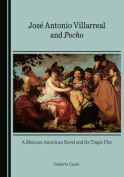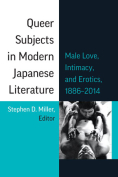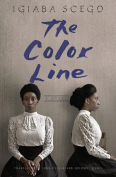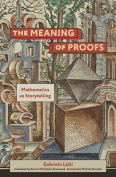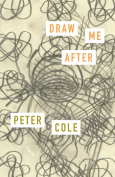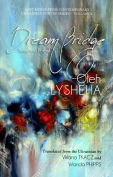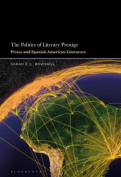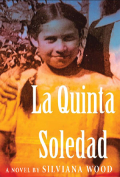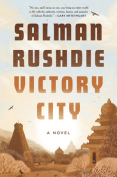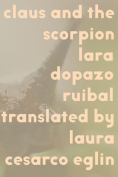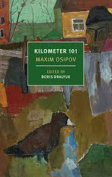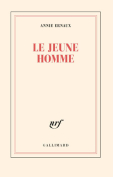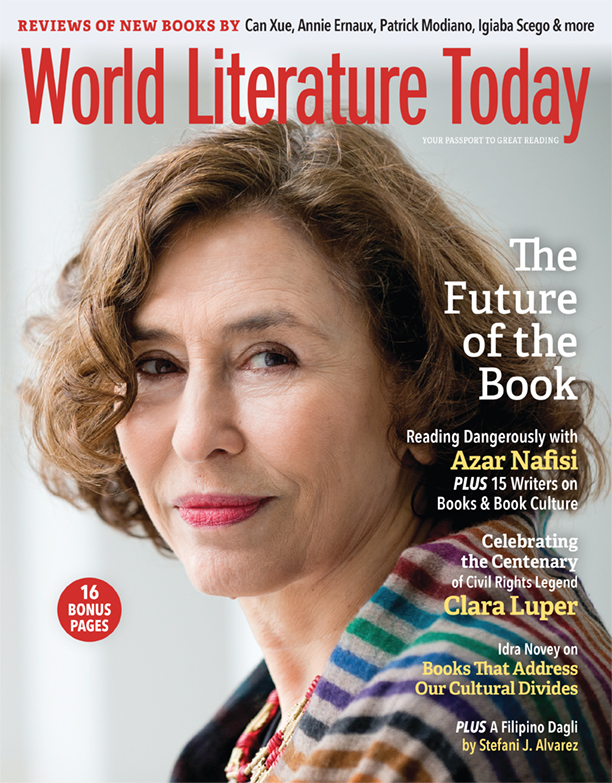Ming Yun (Destiny) by Cai Chongda
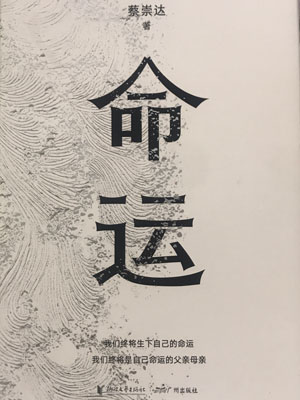 Hangzhou. Zhejiang Literature and Art Publishing House. 2022. 380 pages.
Hangzhou. Zhejiang Literature and Art Publishing House. 2022. 380 pages.
Ming Yun (Destiny) is a novel that follows Cai Chongda’s Pi Nang (Vessel: A Memoir), which familiarizes readers with Atai, who is also the protagonist of Destiny. Based on the life experience of this extraordinary woman, Destiny makes use of the ninety-nine-year-old Atai’s memories to connect the life stories, life choices, and vicissitudes of the times to several generations of people in coastal towns in southern Fujian Province in China.
The construction of “home” in Destiny is particularly touching. At the age of fifteen, Atai is predicted to die without children and grandchildren. To rewrite her destiny, she makes all the efforts that a woman could undertake, including getting married, trying to give birth to a child, adopting children, fighting against a difficult and impermanent life, and writing her own life into a “symphony of destiny.” After her original hope fails, three homeless children from all over the world adopted by Atai help establish “home” another way. This kind of strong tie, not based on blood relationship, breaks the traditional definition of “home.” Compared with the destiny hanging over everyone, home, as an undercurrent hidden under the text, gives people the courage to look ahead and the confidence to face destiny calmly.
Most of the gods in southern Fujian were originally humanized. When an individual bears great suffering, he/she can be regarded as a god. This book is characterized by a secular writing of the gods. The gods are not mysterious masters of fate but are endowed with human characteristics, who love beauty, bicker, fight in chaos, and part in reluctance. The temples where the gods are located are not places of pilgrimage but warm daily spaces, highlighting the close position of the gods in people’s hearts: they hide in every individual’s heart as a belief and even precipitate into a collective unconsciousness. The gods are both the patrons and accompaniers of mankind. Atai not only worships the gods, asks them for help, but also dares to quarrel with them. This kind of goodwill and unyielding spirit support the unique philosophy of survival in South Fujian—to rise from impermanence.
When the story of Atai comes to an end, death becomes her close, old friend. She finally becomes the mother of her own destiny. When the old woman who has waded across the river of destiny smiles to readers so warmly, she must have a lot of tenacity in her life. Perhaps exploration, confrontation, and reconciliation in tenacity are an important part of destiny.
Guo Jie
Nanjing Normal University
